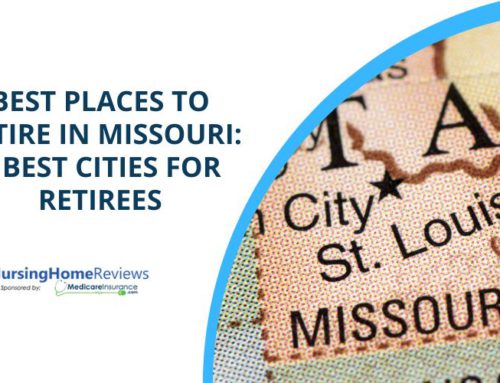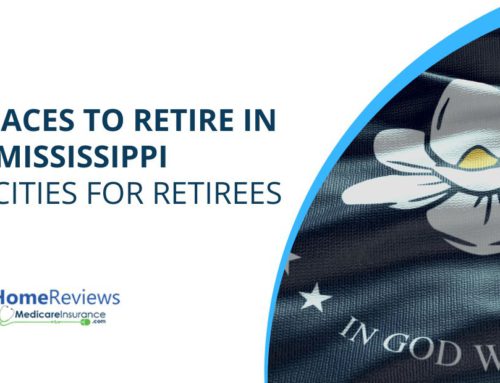
New Year, New You? Not Quite…
Sometimes it feels like “New Year’s resolution“ is code for “something you give up on by March, if you’re lucky” or worse, something you end up procrastinating on. How often have you resolved to eat healthier, go to the gym, or bolster your finances, only to give up before the first thaw of the upcoming year?
There’s a simple reason for this: inertia. Just like a train, it takes time for a good habit to build up speed, and for a bad habit to come to a stop. Try to go full-throttle from the start, and you’ll end up frustrated by the lack of speed. Try to stop too suddenly, and you’ll end up crashing. The key to good New Year’s resolutions as well as to good habits in general, is steady, sustainable change that is within your comfort zone. Not sure what that looks like? No problem. Here are five sustainable New Year’s resolution ideas for 2023!
Make finding the perfect assisted living community your next resolution.
Start your search today.
5: Get More Sleep
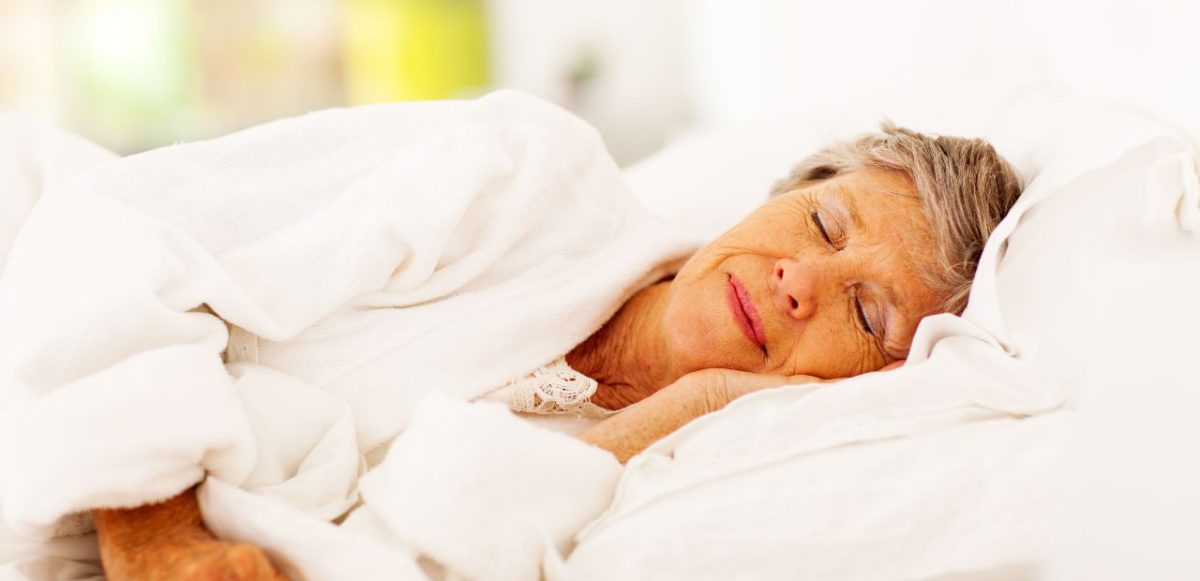
Let’s start with something we could all use a bit more of: sleep. This isn’t a call to take more naps, but instead to take a look at your quality of sleep. We need 7-8 hours of sleep each night, but we often find ourselves getting considerably less.
But how do you know if you’re getting enough sleep? If you find yourself napping a lot during the day, one easy way to start on the path to better sleep is using a sleep-tracking app. These are common on smartwatches, but can be found on smartphones as well. These apps keep track of how long, and how deep you’re sleeping. They also can help you identify issues such as sleep apnea, which can have a long-term detrimental effect on your health.
4: Make a Friend
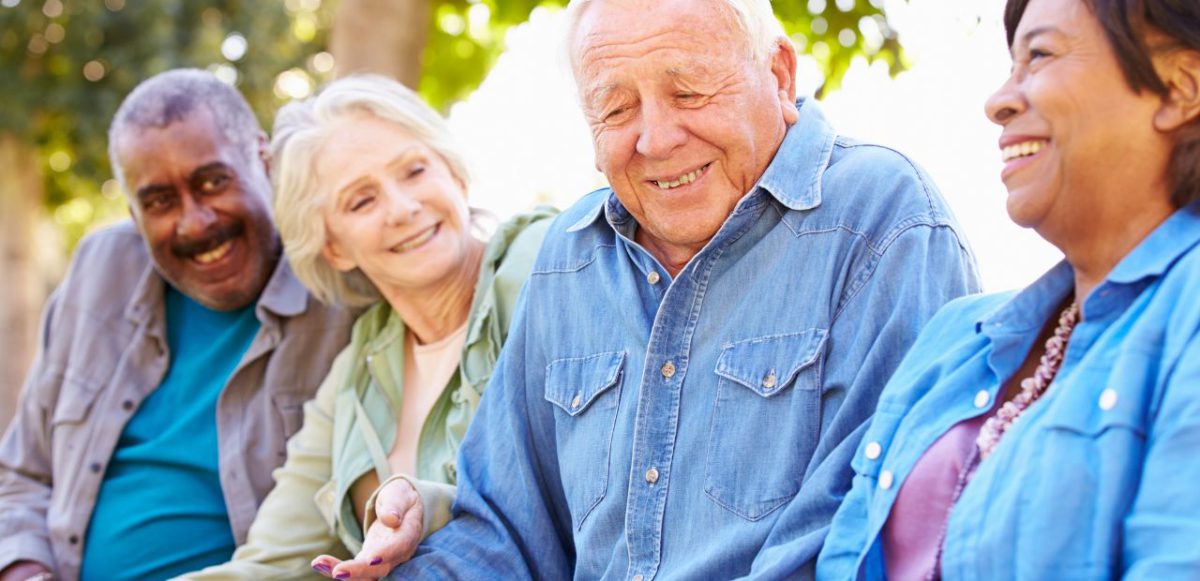
Social isolation is a major problem among seniors, and can be disastrous for both physical and mental health. We’re social creatures, and the act of interacting with someone else, even briefly, is as much of a basic need as eating or drinking.
Still, making friends can be hard when you’re an older adult. As a resolution idea, make it a goal to make at least one friend this year, whether it be in person or someone on social media. If you want to try an unorthodox way of socializing, consider picking up a new hobby or new skill to share with others. Alternatively, you could play an online game via social media: preferably one that allows player communication and has a non-predatory monetization model. Not only can they improve coordination and help you exercise your brain, but you can bond with others over a common interest over the course of this upcoming year.
3: Eat (a bit) healthier.

Improving your diet is tough, especially if you try to do it all at once. It can be helpful to tailor your diet to various common health conditions, like heart disease, high cholesterol and diabetes, and even general weight loss. However, crash diets and self-denial aren’t sustainable diet strategies. Instead, it’s best to incorporate change into your diet slowly to accommodate any age-related physical disability.
For instance, if you want to add more fruits and vegetables to your diet, start investigating whole grains or vegetable-based side dishes to add to your existing meals. Over time, you can adjust your proportions so that the healthier dishes take up most of your meal. Also, don’t force yourself to eat something you hate: munching on nothing but kale won’t help you if you keep sneaking out for a cheeseburger after dinner.
2: Get active.
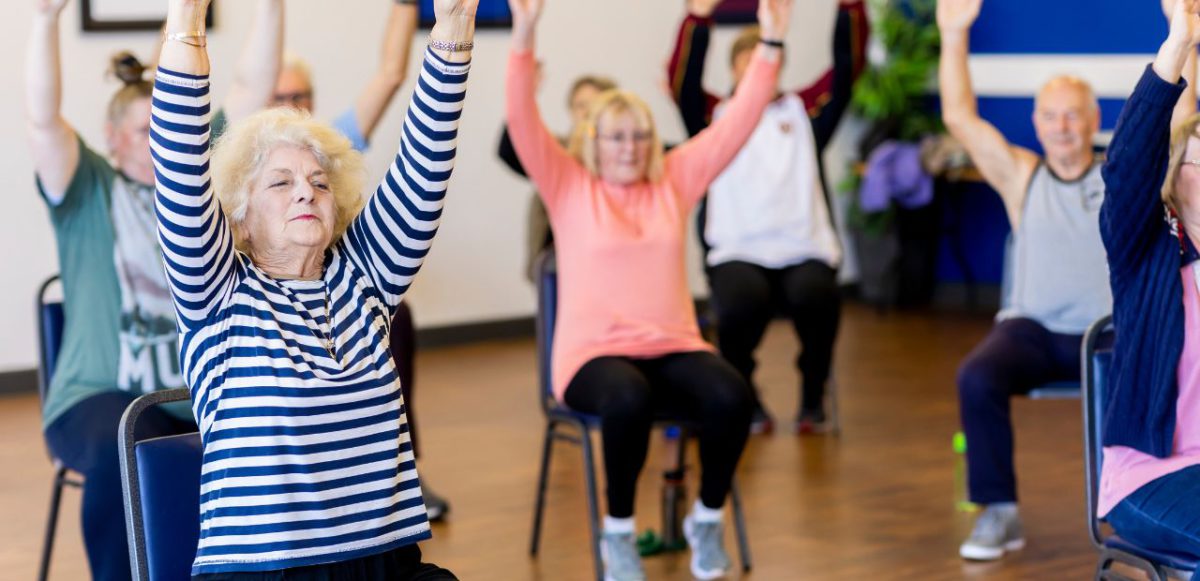
Getting more physical activity and exercise is one of the most common New Year’s resolutions for people with disabilities, seniors, and the general population, as the wave of gym memberships every January show. However, it’s also one of the most frequently abandoned resolutions, especially for disabled people. There are several reasons for this, but a big one is unrealistic expectations. Often, frustrated with a lack of process and exhausted from our workouts, we tend to give up early on in the process.
So let’s start by being grounded. If your goal is to be beach body ready, you’re going to have problems. Instead, set a more reasonable goal, such as simply improving your physical health or lessening the symptoms of a physical disability. For an older adult or disabled people, a solid option is reducing the risk of a fall. Falls are one of the most common causes of injury for seniors, and the risk of them worsens with inactivity. Consider starting with fall prevention drills and light workouts, such as those offered by the fitness masterclass, SilverSneakers. Not only do these have practical benefits, they can also be the gateway to more intense exercise. Workouts can include everything from grab bars to water aerobics!
1: Take care of yourself.
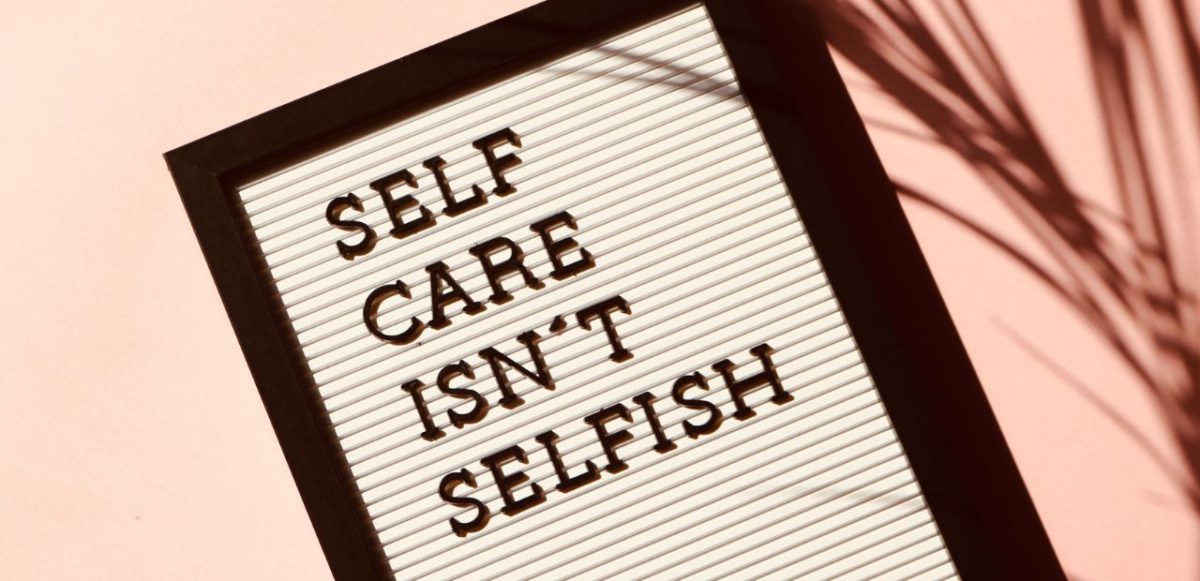
Resolutions are designed to be introspective, a chance to reflect on your past year, and how you can improve. However, it’s not meant to be self-flagellation. The goal of a New Year resolution is to improve your life, and punishing yourself doesn’t help. Instead, allow yourself some grace. You can have setbacks. You can get frustrated. Don’t be afraid to step back, take a break, and reconsider things. With a bit of understanding, you may achieve more than you think!
If your resolution this year involves finding a new nursing home or assisted living facility, we can help. Our free database has up-to-date information on nursing homes across the country, including reviews and records of any violations. Enter your zip code today to begin your search!
Resources
Tip Sheet: Top 10 Healthy New Year Resolutions for Older Adults | HealthInAging.org
65 Rewarding New Year Resolutions for a Healthy, Happy Life
How to Make New Friends as an Older Adult | Senior Living – Nursing Home Reviews
The Medicare Diet: Best Diet for High Cholesterol in Seniors
Best Diet for Diabetes in Seniors : Medicare Insurance

